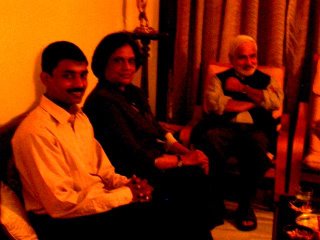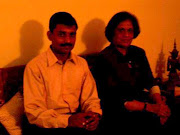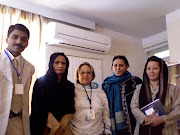
I had an opportunity to take part in the historic occasion when the Rajya Sabha celebrated its 200th Session. This is a landmark milestone in our journey on the path of parliamentary democracy. It is an occasion that gives us a sense of legitimate pride.
We are justifiably proud of our democracy. It is the story of the success of democracy in a populated nation which has demonstrated to the world how complex problems can successfully be addressed within constitutional and democratic framework.
I had an opportunity to learn that our Constitution has provided a unique role to Rajya Sabha (which had its First Session on 13th May, 1952) and that it had 4408 sittings, passed 3203 Government Bills, considered 238 Private Members’ Bills till the last Session. This has meant significant contribution by Hon’ble Members in critically evaluating legislative proposals, facilitating reasoned and dignified debates, and highlighting political consciousness.
Rajya Sabha, as House of Elders, needs to be an alert and vigilant watchdog on the affairs of the Nations and also function as a guide to the Union as also the States. Building up consensus on approach of action on major issues is critical to strengthening the roots of democracy. In respect of key issues of national importance before the Parliament, decision should be based not just on the basis of relative strength of political parties.
We are today faced with the challenges of economic growth and public governance. It is unfortunate that about 26 crore of our citizens still await freedom from hunger, disease and insecurity. Besides poverty alleviation, there are the challenges of population stabilisation, electoral reforms, speedy justice, and hassle and corruption-free administration to the common man. There are threats to national security as also to the bonds of national integration. We face the challenges of speeding up integrated and balance development as also of weaving a stronger secular fabric and build up an environment of peace and social harmony conducive to growth and progress.
In this onerous task, we need to make wholehearted efforts to serve the people with dedication and commitment.














